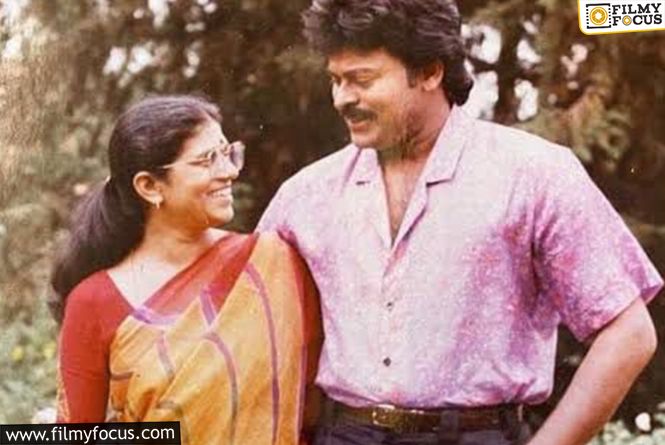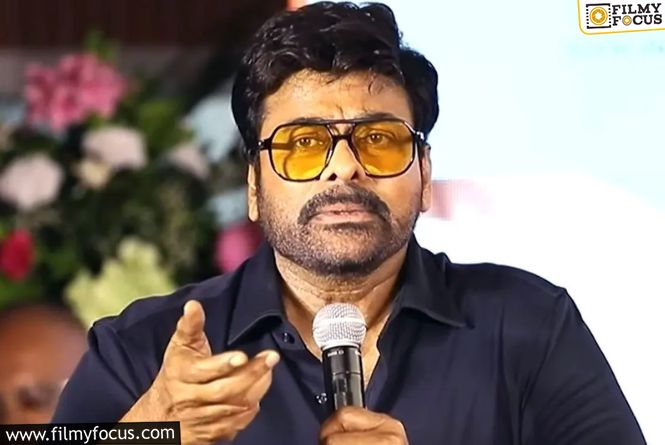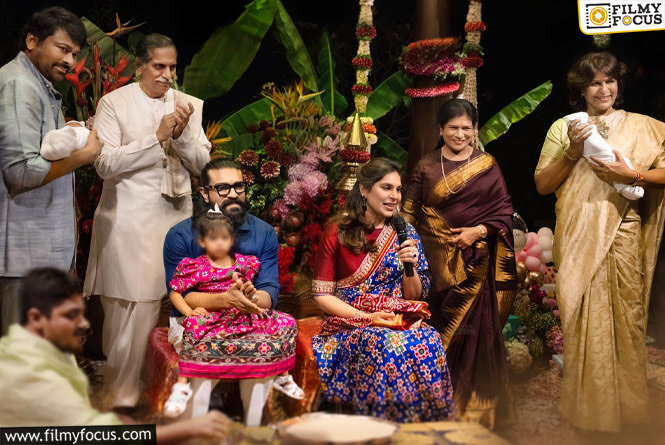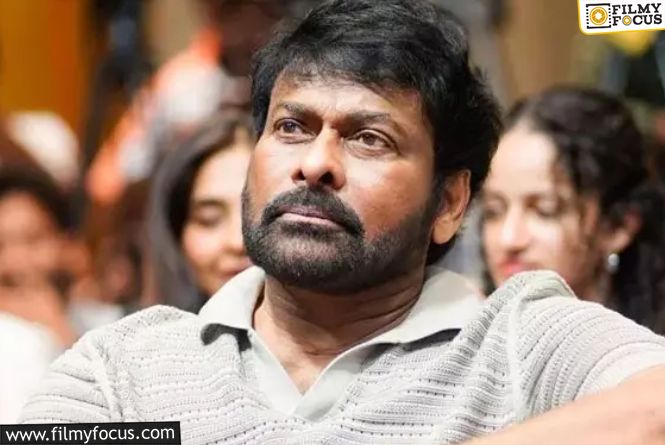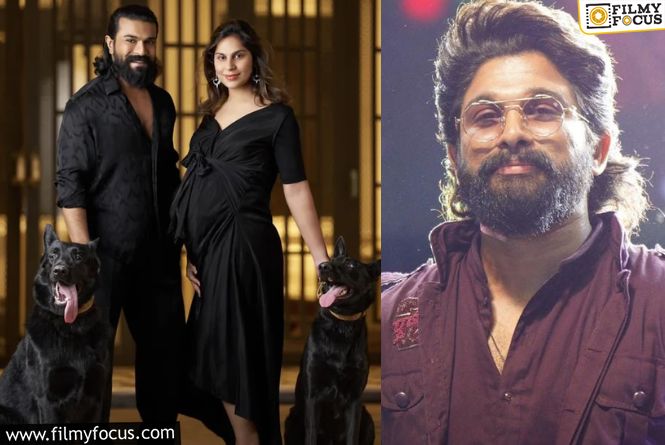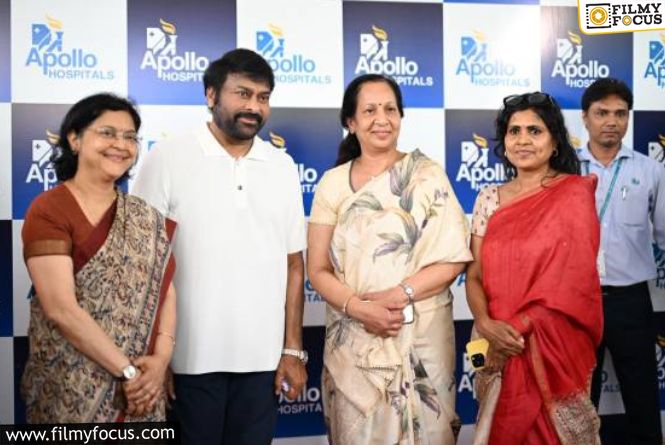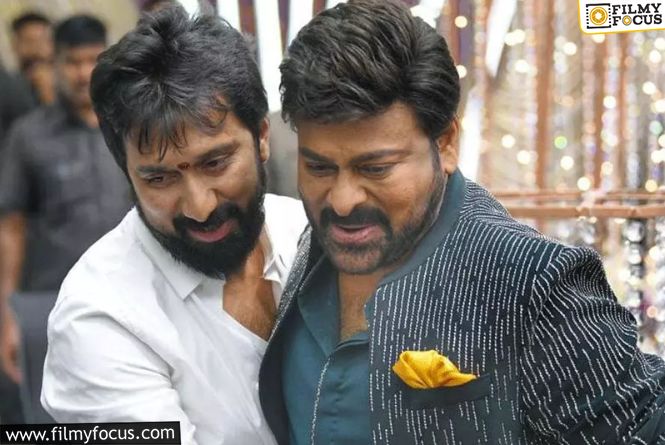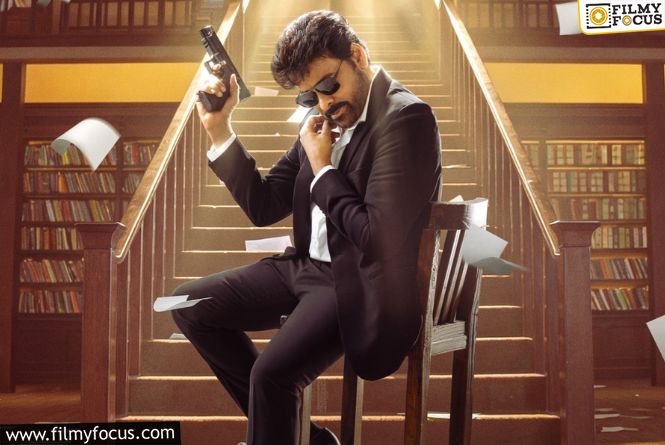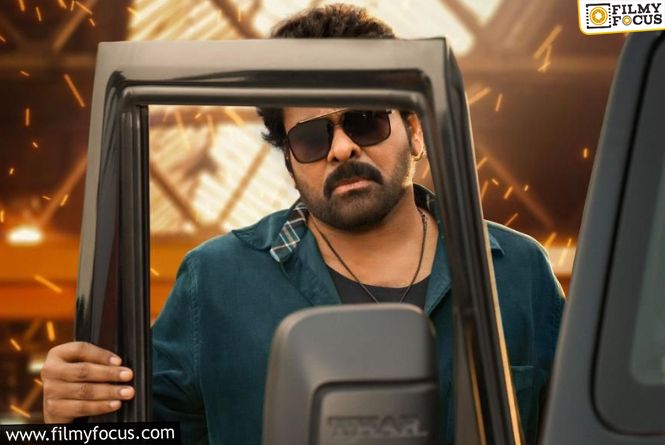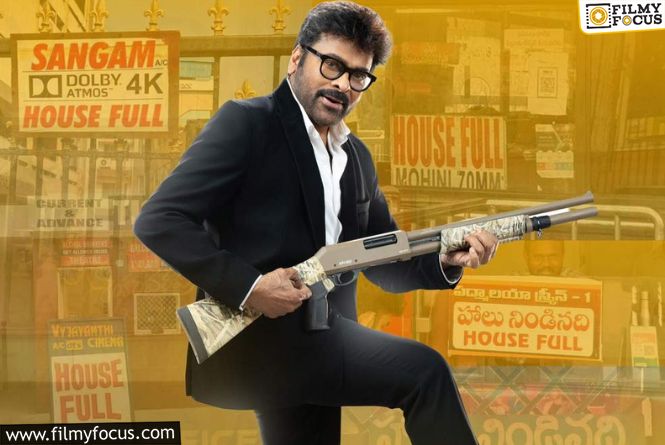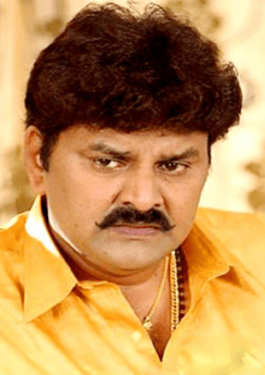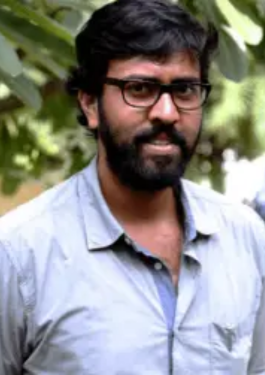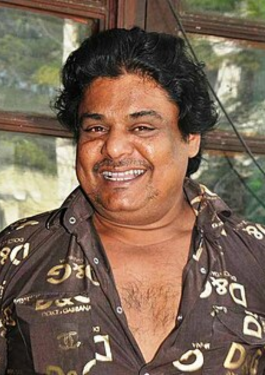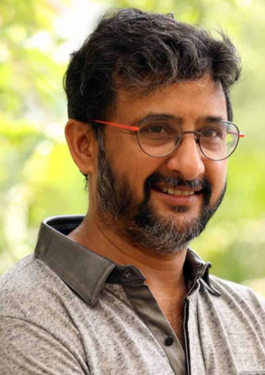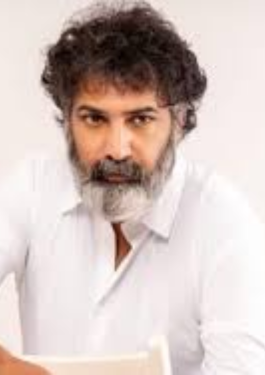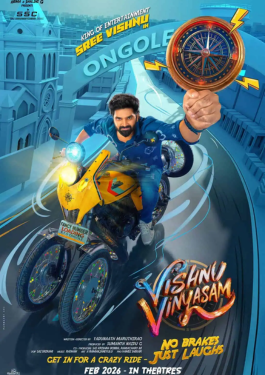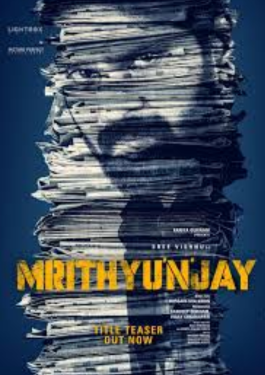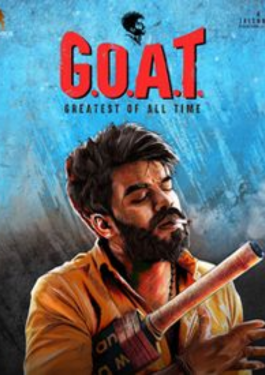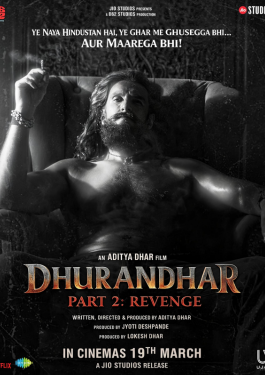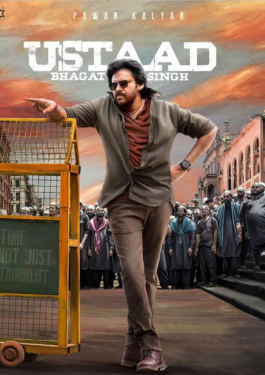- February 28, 2024 / 02:23 PM ISTByFilmy Focus
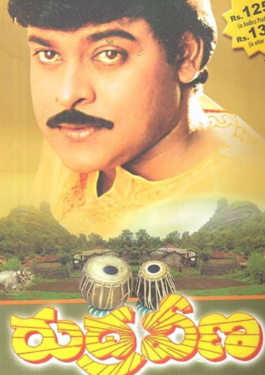
Rudraveena
- Drama
- Musical
Telugu
TheatreStory:
Written and directed by K. Balachander, Rudraveena is a 1988 Telugu-language Indian musical-dramas film. In addition to Tamil actor Gemini Ganesan, who makes his lone Telugu film debut, the film features Shobana and Chiranjeevi, produced by Nagendra Babu’s Anjana Productions.
Also, it was Kannada actor and director Ramesh Aravind’s first acting role in a Telugu movie. Supporting cast members include P. L. Narayana, Prasad Babu, Devilalitha, Sumithra, and Brahmanandam.
The ideological disputes between well-known carnatic musician “Bilahari” Ganapathi Sastry and his younger son Suryanarayana “Suryam” Sastry are the main subject of Rudraveena. Son Suryam criticizes father Sastry’s treatment of lower caste members, believing that society should come first before he leaves for good.
The remainder of the story focuses on the circumstances that caused Sastry’s opinions to shift. The dialogue in the movie was written by Ganesh Patro, who collaborated with Balachander on the script for two months, however numerous revisions were made while filming was underway.
The background score and soundtrack were written by Ilaiyaraaja. The photographer for the project was R. Raghunadha Reddy. Mohanam served as the art director, and Ganesh Kumar edited the movie.
Filmed over 70 days in and around Chennai, Kanchipuram, Courtallam, and Srinagar, Rudraveena was made for ₹80 lakh, the budget. Despite receiving positive reviews when it was released on March 4, 1988, the movie was a commercial flop and lost ₹60 lakh. Later on, it became cult classic and is regarded as one of Balachander’s greatest movies.
Three National Film Awards were given to the movie: Best Music Direction, Best Feature Film on National Integration, and Best Male Playback Singer (for S. P. Balasubrahmanyam). Four Nandi Awards were also won by it, with Chiranjeevi receiving a Special Jury award. Later that year, Balachander remade the movie in Tamil as Unnal Mudiyum Thambi, with Kamal Haasan as Chiranjeevi and Ganesan reprising their respective roles.
Plot
The elderly MP Satyanarayana travels to Ramapuram. Satyanarayana discovers via speaking with the villagers that a guy by the name of Suryam is largely responsible for Ramapuram’s development and civilization. When he meets Suryam, he inquires as to what motivated him to start working on Ramapuram.
Upon discovering Satyanarayana’s enthusiasm for the growth of Ramapuram, Suryam consents to share the village’s narrative in the legislature. Suryanarayana “Suryam” Sastry is the son of renowned carnatic music maestro ‘Bilahari’ Ganapathi Sastry. Sastry has a short fuse and treats people unfairly according to their caste.
Udayam, Suryam’s older brother, was deaf from birth and is a skilled nadaswaram player. Sandhya, his younger sister, is a tambura player as well. There are ideological conflicts between Suryam and Sastry because the former would rather aid the underprivileged than practice music.
Gayathri, Udayam’s wife, has a stronger relationship with Suryam since she continues to mediate between the two. Suryam encounters a dancer who is Lalitha Sivajyothi, a classical dancer from a lower caste who is barred from entering the temple, after seeing her perform on a cliff far from the structure.
In addition to being a lawyer by trade, her father Varalayya is also a rather successful social worker. However, Sandhya is followed and befriended by Charukesa, an amateur singer. Gayathri encourages Suryam to approach Lalitha, and he is successful.
Helping a few victims of an unintentional fire at Ramapuram, Suryam is on his way back home to meet Sastry for a concert. Sastry is furious when he doesn’t show up, and he won’t accept any justifications. The distance between Suryam and Lalitha grows after Sastry discovers them together.
Udayam is not impacted, but Gayathri is nervous. While traveling to a different concert, Sastry declines to assist Narayana, an injured lineman. Distressed Suryam emphasizes that the well-being of society takes precedence above the adoration of music, leading Sastry to proclaim Charukesa his heir in the musical line.
After an argument, Suryam confronts Sastry about this and permanently departs the house. Suryam stays at his client’s residence and meets Varalayya. Later on, Suryam meets Narayana’s widow and finds out that he was intoxicated during work hours, for which the government has refused to compensate him.
He also gets to know the survivors of the fire, Kishtappa, who is another drinker. Disturbed by their circumstances, Suryam swears to outlaw alcohol in Ramapuram. Suryam and Lalitha start trying to get the working-class males to give up drinking. The approach works at first, but eventually backfires.
When Sastry discovers that Charukesa and Sandhya are dating, the former is made fun of. Following Sandhya’s disobedience, Sastry arranges their union. Following the event, Sastry requests that Charukesa seek for any gifts as dowry.
In light of the past, Charukesa requests that Sastry forgo his specialization in the Bilahari raga for his upcoming concerts. Sastry reluctantly accepts, and Suryam—who was there at the wedding—gives a concert to applause. Varalayya tells Sastry that she intends to perform Suryam and Lalitha’s marriage.
A bunch of inebriated people at the venue start a disturbance at Sastry’s instigation. Satyanarayana is happy to hear that 28 villages have successfully developed using Suryam’s techniques. He also gives up drinking.
As a result of Suryam’s efforts, he is recognized nationally, and the prime minister holds a felicitation in Ramapuram. All of Suryam’s family members, including Charukesa, attend the function, with the exception of Sastry. Soon after, after initially being reluctant.
Sastry shows up and boldly presents himself as Suryam’s father rather than as a well-known carnatic singer. He also gives his approval for Suryam and Lalitha’s marriage, which makes the locals very happy.
More Details
| Director | K. Balachander |
|---|---|
| Story | Ganesh PatroK. Balachander |
| Screenplay | K. Balachander |
| Dialogues | Ganesh PatroK. Balachander |
| Cinematography | Raghunatha Reddy |
| Editor | Ganesh Kumar |
| Music | Ilaiyaraaja |
| Producer | Nagendra Babu |
| Cast | Chiranjeevi Shobana P. L. NarayanaPrasad BabuSumithraRamesh AravindDubbing JanakiBrahmanandamKaikala SatyanarayanaDevilalita, Gemini Ganesan |
| Release Type | Theatre |
| Language | Telugu |
| Production | Anjana Productions |
| Budget | 8 Crores |
| Box Office | 15 Crores |
| OTT Platform | Prime Video |

